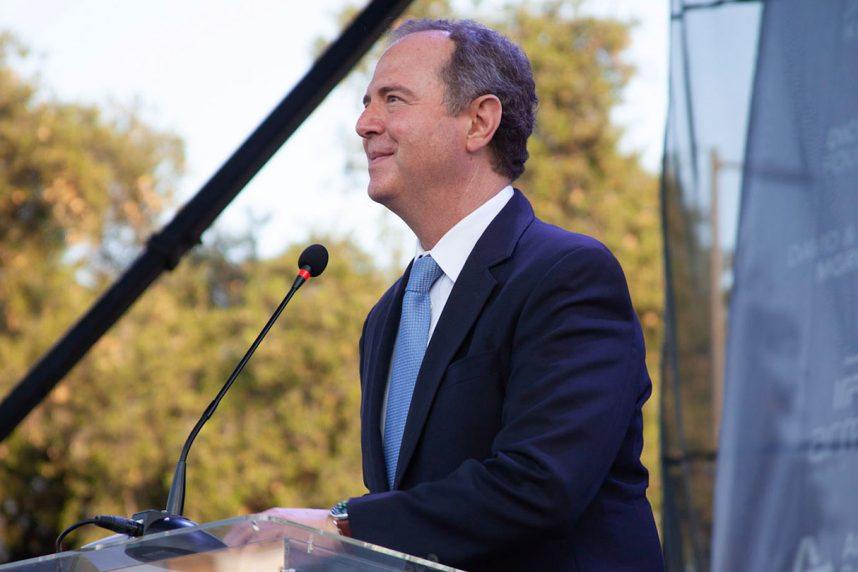Schiff Presses Quintenz on Event Contracts, Tribal Sovereignty
Posted on: June 10, 2025, 08:30h.
Last updated on: June 11, 2025, 11:30h.
- CFTC nominee Quintenz appeared before Senate Ag Committee
- Adam Schiff of California pressed nominee on his views on sports event contracts possibly violating tribal sovereignty, state gaming compacts with Indian Country
Brian Quintenz, President Trump’s pick to lead the Commodities Futures Trading Commission (CFTC), appeared before the Senate Agriculture Committee on Tuesday, fielding questions on a variety of topics, including the intersection of burgeoning prediction markets industry and sports betting.

Sen. Adam Schiff (D-CA), who represents some of the largest tribal casino operators in the US, asked Quintenz, formerly a board member of prediction market behemoth Kalshi, about possible plans to use the CFTC’s regulatory authority to evaluate whether event-linked derivatives are threatening tribal sovereignty and undermining the Indian Gaming Regulatory Act (IGRA).
I’m very concerned that these event contracts, which seem pretty indistinguishable, at least from the consumer point of view, from gaming violate tribal sovereignty, undermine state and tribal gaming compacts in conflict with the IGRA,” said Schiff in his remarks.
Quintenz said he believes the law, in this case the Commodities Exchange Act (CEA), is “very clear” regarding events that “have commercial, financial, or economic consequence.” If those standards are met, the CEA would classify the contracts in question as viable commodities on which futures contracts could be listed.
For California Tribes, Schiff’s Concerns Warranted
Several California tribal casino operators, including the Agua Caliente Band of Cahuilla Indians, donated hundreds of thousands of dollars to Schiff’s 2024 senate campaign and their investments may prove shrewd because his cordial questioning of Quintenz holds merit as it relates to the Golden State.
One of the biggest reasons prediction market operators have garnered scrutiny is because they’re leveraging their regulation by the CFTC — a federal agency — to offer sports event contracts in all 50 states without procuring gaming licenses in those jurisdictions.
In California, where Schiff by his estimation represents more than 100 tribal nations, the situation is even stickier because no form of sports wagering is permitted in the state and tribal gaming operators hold rights of exclusivity there. That means they control matters of gaming expansion, be it sports wagering or iGaming. Several commercial sportsbooks supported a 2022 ballot proposal to bring online sports betting to California without consulting tribes. The results were disastrous and those operators are scrambling to repair their relationships with the tribes.
Quintenz told Schiff said he’d listen to the concerns of the tribes, noting that those operators can offer event contracts should they choose to do so. The CFTC nominee added he’s open to “robust” dialogue with all concerned stakeholders as it relates to the intersection of event contracts and tribal gaming.
If it Walks Like a Duck…
Specific to Kalshi, that company has perturbed some state gaming regulators because it’s gone back and forth on whether or not its sports event contracts constitute sports wagering in the traditional sense. The company and its competitors offer yes/no derivatives on games, which are arguably comparable to moneyline bets.
Using an alteration of “if what walks like a duck and quacks like a duck …,” Schiff made his view clear and that prediction markets are offering a form of sports wagering to customers and that represents a potential threat to tribal casino operators that have agreements in place with their respective states.
“If betting on the outcome of a sporting event looks like sports betting, looks like gaming, smells like gaming, sounds like gaming, there are winners and losers like gaming, it’s probably gaming,” said the California Democrat.
No comments yet